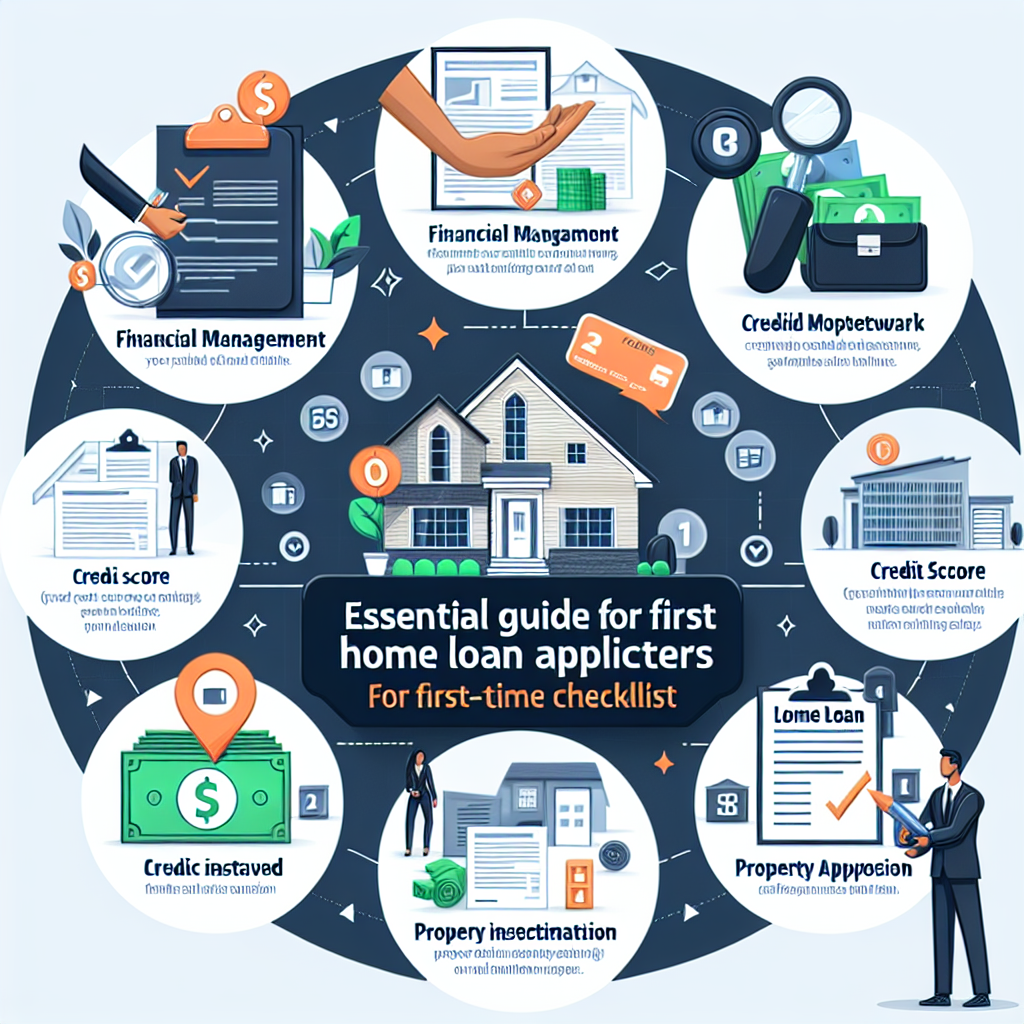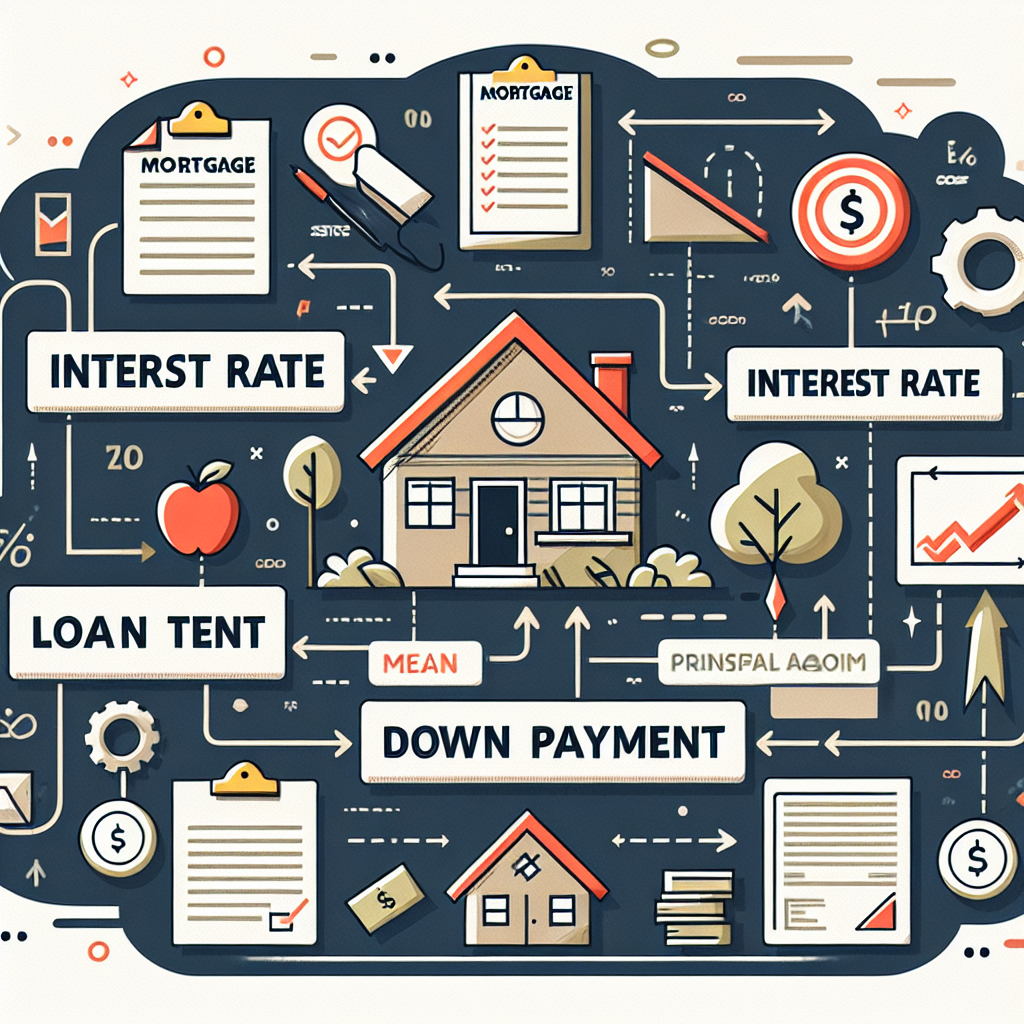

A Helpful Guide to Understanding Your Credit Report
Last updated: March 25, 2025
Namaste, everyone! As a finance blogger deeply passionate about empowering Indians with financial knowledge, I’m thrilled to dive into a topic that's critical for anyone dreaming of owning a home, securing a personal loan, or even getting that new credit card: your Credit Report. In India, a strong credit report is the cornerstone of financial health. It’s the first thing lenders, especially home loan providers, look at. Think of it as your financial report card. This guide will break down everything you need to know about your credit report, how it works, and how you can improve it. Let's get started!
What is a Credit Report? And Why Does It Matter?
Your credit report is a detailed summary of your borrowing and repayment history. In India, this report is primarily generated by Credit Information Companies (CIC) licensed by the Reserve Bank of India (RBI). The most well-known CIC is CIBIL (Credit Information Bureau (India) Limited), but there are also other companies like Equifax, Experian, and CRIF High Mark contributing towards your credit report.
It includes information about:
- Your Credit History: Details of all your loans (home loans, personal loans, car loans, etc.) and credit cards.
- Repayment Performance: How diligently you've paid (or defaulted on) your loan installments or credit card bills. This includes the dates you paid and late payments.
- Credit Utilization Ratio: The percentage of your available credit you’re using (e.g., how much of your credit card limit is used).
- Inquiries: The number of times lenders have checked your credit report, which can sometimes indicate eagerness for credit.
Why is this important?
- Home Loans & Other Loans: A strong credit report drastically increases your chances of getting a home loan and helps you qualify for better interest rates. Banks and NBFCs (Non-Banking Financial Companies) use this information to assess your creditworthiness.
- Credit Cards: A good credit score and a clean credit report can help you in getting the credit card and higher available credit limit
- Negotiating Terms: A good credit report gives you leverage to negotiate better terms on your loan.
- Financial Planning: Understanding your credit report allows you to plan your finances more effectively and avoid pitfalls.
Decoding Your Credit Report: Key Sections and What They Mean
Let's break down the sections of your Credit Report in India, especially your CIBIL Report:
- Personal Information: This includes your name, address, PAN card number, date of birth, and contact details. Make sure this information is accurate! Discrepancies can cause problems.
- Contact Information: It shows the details of your contact information provided to the credit bureau.
- Employment Information: While some report structures may show employment information, currently, there is no such information present in the credit report, so skip it.
- Account Summary: Lists all your active and closed credit accounts, including: Home loans, car loans, personal loans, credit cards. For each account, it provides:
- Account Type: (e.g., Home Loan, Credit Card)
- Account Number: (masked for privacy)
- Credit Limit/Sanctioned Amount: The amount of money the lender has approved or sanctioned for you.
- Balance: The amount you currently owe.
- Date Opened: When the account was opened.
- Payment History: This is the most crucial part! It shows your repayment behaviour over time. The format is typically: "XXX" for on-time payments, "000" for missed payments, and "DEL" for delayed payments.
- Enquiries: This section details all the times lenders have pulled your credit report. Multiple inquiries in a short period (especially for different loans) can sometimes indicate a high demand for credit, which can sometimes be perceived as a riskier profile.
Understanding Your Credit Score
Your credit report is used to calculate your credit score - a 3-digit number (typically between 300 and 900) that summarizes your creditworthiness.
- What's a Good Credit Score in India? Generally, a score of 750 or above is considered excellent and will give you the best chance of getting approved for a home loan with favorable interest rates.
- Scores in the 650-750 range: Are considered average, and you may still get a loan, but perhaps with higher interest rates.
- Scores below 650: Can make it difficult to get a loan. Some lenders may deny you altogether. If you manage to get a loan, they might ask for higher interest rates.
How to Check Your Credit Report and Credit Score
It's essential to check your credit report on a regular basis (ideally, once a year). Here's how:
- Visit the CIBIL Website: Go to the official CIBIL website or website of other credit bureaus.
- Create an Account or Log in: You may need to create an account and provide your personal details.
- Pay a Fee: There's usually a small fee to access your credit report.
- Access Your Report: You'll be able to view and download your credit report and score.
You can also use third-party apps, but be cautious about sharing your information.
How to Improve Your Credit Report and Boost Your Score
Even if your credit report isn't perfect, there's always room for improvement! Here's what you can do:
- Pay Bills On Time, Every Time: This is the MOST important step! Set up automated payments or reminders to ensure you never miss a due date on your credit card or loan installments.
- Don’t Max Out Your Credit Cards: Keep your credit utilization ratio low (below 30%). This means using less than 30% of your available credit limit on each card.
- Avoid Excessive Credit Applications: Don't apply for multiple loans or credit cards simultaneously.
- Review Your Report for Errors: Carefully check your credit report for any inaccuracies. If you find any, dispute them with the credit bureau immediately. (Often, there are instances where information may get duplicated.)
- Become an Authorized User: If you know someone with a good credit history and a strong credit card, ask to be added as an authorized user on their account. This can help build your credit history!
- Don't Close Old Credit Cards: Although it might seem counterintuitive, cancelling a very old credit card can reduce your age of credit; hence, it's not a great idea!
Common Mistakes to Avoid
- Ignoring Your Report: Don't wait until you need a loan to check your credit report. Regularly monitor it.
- Making Only Minimum Payments: This leads to accumulating debt and damages your credit score.
- Missing Installments: This can have a seriously negative impact on your credit score.
- Not Checking for Discrepancies: Errors can occur, so it’s crucial to review your report carefully.
Home Loan Specific Considerations
Home loans are significant financial commitments. Here are some special considerations:
- Shopping Around: Compare interest rates from different banks and NBFCs. Your credit score will play a huge role in the interest rate offered.
- Down Payment: Make a substantial down payment to lower the loan amount and interest payments.
- Tenure: Choose a shorter tenure (if you can afford the EMIs) to save on interest costs.
- Credit Guarantee Schemes: Some housing finance schemes may offer credit guarantees for borrowers with lower credit scores.
Conclusion
So, there you have it! A comprehensive guide to understanding and managing your credit report. I hope this helps you take control of your finances and achieve your homeownership dreams! Remember, a good credit report is not just about getting a loan; it’s about building financial security and making informed decisions.
Disclaimer:
This blog is for informational purposes only and should not be considered as professional advice. The information provided is based on publicly available data and may not reflect the current policies or procedures of CIBIL or other credit information bureaus.
Featured Blogs

Top 5 Home Loan Benefits for First-Time Woman Buyers in India

Essential Tips for First-Time Homebuyers Navigating the Real Estate Market in India

Maximize Your Benefits: Understanding Federal Tax Incentives for Homeowners

Refinancing Your Mortgage: Top Strategies to Cut Costs in 2024 in India

Essential Guide for First-Time Home Loan Applicants: Your Ultimate Checklist

Essential Mortgage Terms Every Homebuyer Must Understand
Recent Blogs
Let's connect
Questions, comments or suggestions?
Simply fill in the form & we'll be in touch shortly.

Our Location
Shop No 112, 113, 114, Millennium Plaza, FC Road, Shivajinagar Pune, Maharashtra, India

Phone Number
+91 99707 20394

Mail Us
info@homecreds.com


